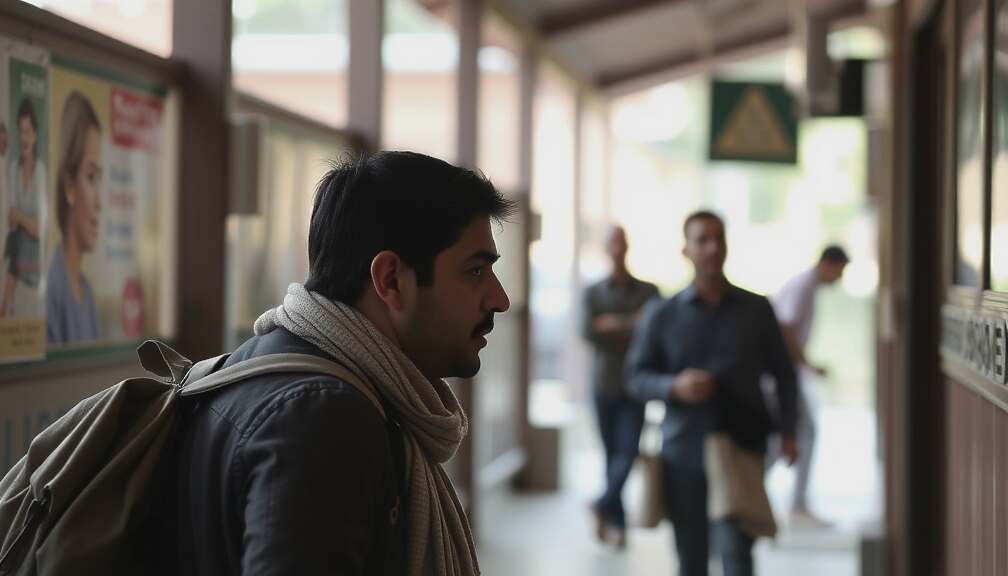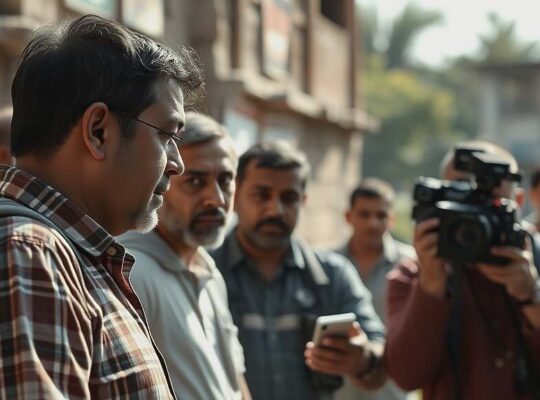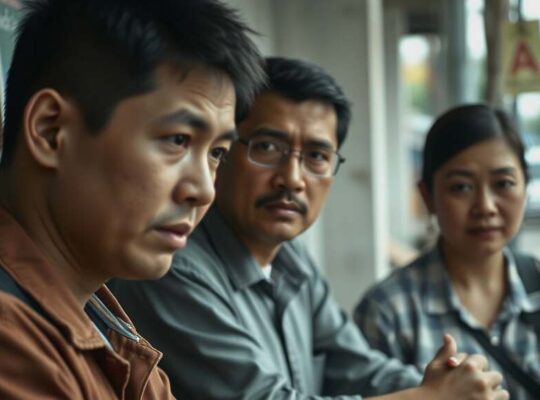Lottery Jackpot Reflects Broader Economic Disparities
The German lottery, “6 aus 49” once again distributed a million-euro jackpot this week, triggering the predictable surge of hope across the nation.. While the winning numbers – 6, 7, 10, 20, 40, 42, with a Superzahl of 0 – represent a potential life-altering windfall for a fortunate few, the underlying mechanics of the lottery and its cultural significance warrant a critical examination.
The odds of achieving the elusive combination of six correct numbers and the Superzahl remain stubbornly stacked against participants, a staggering 1 in 140 million. This monumental disparity, highlighted by the German Lottery and Totoblock, underscores a broader economic reality: the pervasive allure of quick wealth in a system often characterized by entrenched inequality.
The lottery’s longevity, tracing back to 1955, speaks to its deep-rooted place within German society. Yet, its continued popularity prompts questions about the social function of such games of chance. While proponents tout its contribution to state revenue and charitable initiatives, critics point to the disproportionate impact on lower-income demographics, who statistically spend a higher percentage of their income on lottery tickets.
The data released regarding frequently and infrequently drawn numbers – the 6 emerging as the most common and the 13 as the rarest – further exposes the lottery’s tendency towards statistical anomalies. This reinforces the illusion of predictability within a fundamentally random system, potentially fueling problematic engagement.
The German Lottery and Totoblock’s inclusion of a cautionary warning regarding the addictive nature of gambling is a necessary, albeit belated, acknowledgment of the potential harms associated with widespread lottery participation. It begs the question of whether sufficient safeguards are in place to address potential problem gambling and whether the normalization of such high-stakes games of chance contributes to a culture of risk and ultimately, economic vulnerability for a significant portion of the population.
The ongoing debate surrounding the lottery’s role in German society likely won’t be swayed by the latest jackpot winner; however, it demands a continuous reassessment of the balance between state revenue, social responsibility and the potential for exploitation within the realm of chance.












